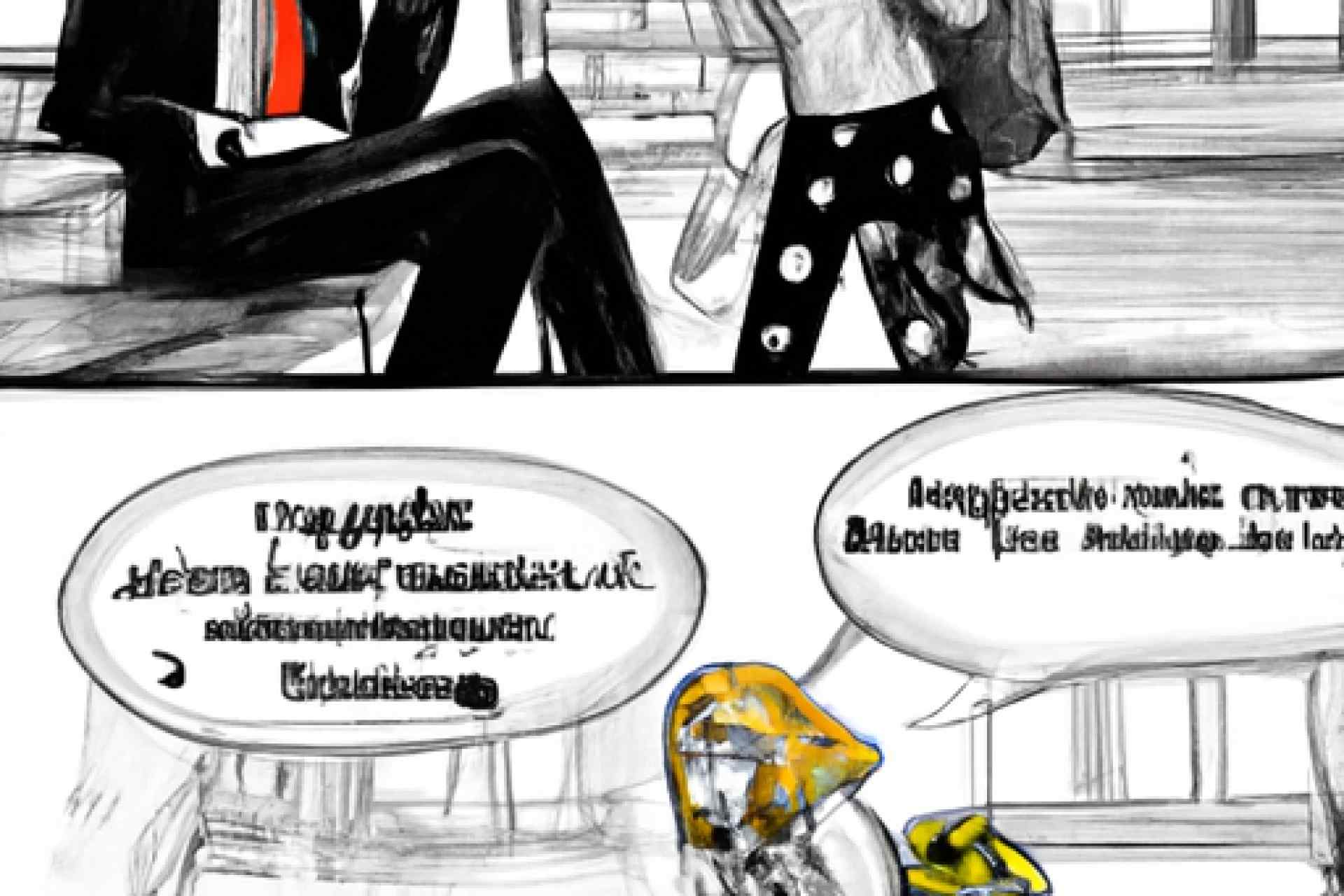俄罗斯大学英语授课
发布:2023-03-29 06:34:29 分类:留学知识 点击:1002 作者:管理员
Russia is a vast and diverse country that has contributed greatly to the world in different areas such as literature, arts, sciences, and sports, among others. Yet, to some extent, the global understanding of its people and culture is somehow limited, which may result in missed opportunities for mutual understanding and benefits. Therefore, it is of high value for Russia to promote itself through various channels, one of which is the English language.
In recent years, an increasing number of Russian universities have provided English-language courses for both international students and local students who intend to enhance their English proficiency. Among them, several prestigious universities, including Lomonosov Moscow State University and St. Petersburg State University, have established English undergraduate and graduate programs covering various fields, such as economics, law, politics, and humanities, among others. These programs aim to attract talented students from all over the world and to foster intercultural exchange and understanding.
There are several reasons why Russian universities turn to English as a medium of instruction. Firstly, English is considered one of the most prevalent and influential languages globally, and it is used for communication both within and beyond academic circles. Thus, having good command of English opens up opportunities for students to access different cultures and academic experiences, which can broaden their horizons and shape their global perspective.
Secondly, providing English-language courses can help Russian universities to attract a more diverse student community. By doing so, universities can better reflect the multiplicity and inclusivity of their campus cultures and achieve a more globalized educational environment. This can also stimulate exchange and cooperation between international students and local students, which can contribute to the mutual understanding of their respective cultures and ideas.
Thirdly, the impact of English-language courses in Russian universities goes beyond academic and cultural exchange. It can also have positive effects on the economy and the image of the country itself. Attracting international students into the country can lead to the creation of new job opportunities, especially in the education sector, which can help increase the university's status and visibility internationally. Moreover, international students are potential ambassadors for the country, who can spread their positive experiences with others, creating a favorable image of the country and improving its soft power globally.
However, providing English-language courses in Russian universities also poses certain challenges. For instance, it requires the universities to have highly qualified teachers with excellent English proficiency, which may be limited in some areas where there are few opportunities for teachers to improve their English skills. The language barrier could also affect the delivery of lectures and class discussions, as students with different levels of English proficiency may have different perceptions of the course content and may require different levels of language support.
Furthermore, there are certain cultural differences that may affect how lectures and teaching materials are received by international students. For example, some students may be more accustomed to lecturers who follow a particular approach or style, or who tend to accentuate particular points. In contrast, others may be more accustomed to a different style, meaning that lecturers may have to adapt their teaching style to accommodate these differences and ensure that their lectures are accessible and informative for all students.
In conclusion, the trend of Russian universities offering English-language courses is beneficial for both domestic and foreign students, as well as for the country as a whole. The provision of English-language courses is an essential step towards building a more inclusive and diverse academic community and contributes to the cultural exchange and mutual understanding between different countries. However, universities also have to address certain challenges related to language proficiency and cultural differences, which can help to ensure that students' learning experiences are beneficial and that the quality of instruction is not compromised.



















